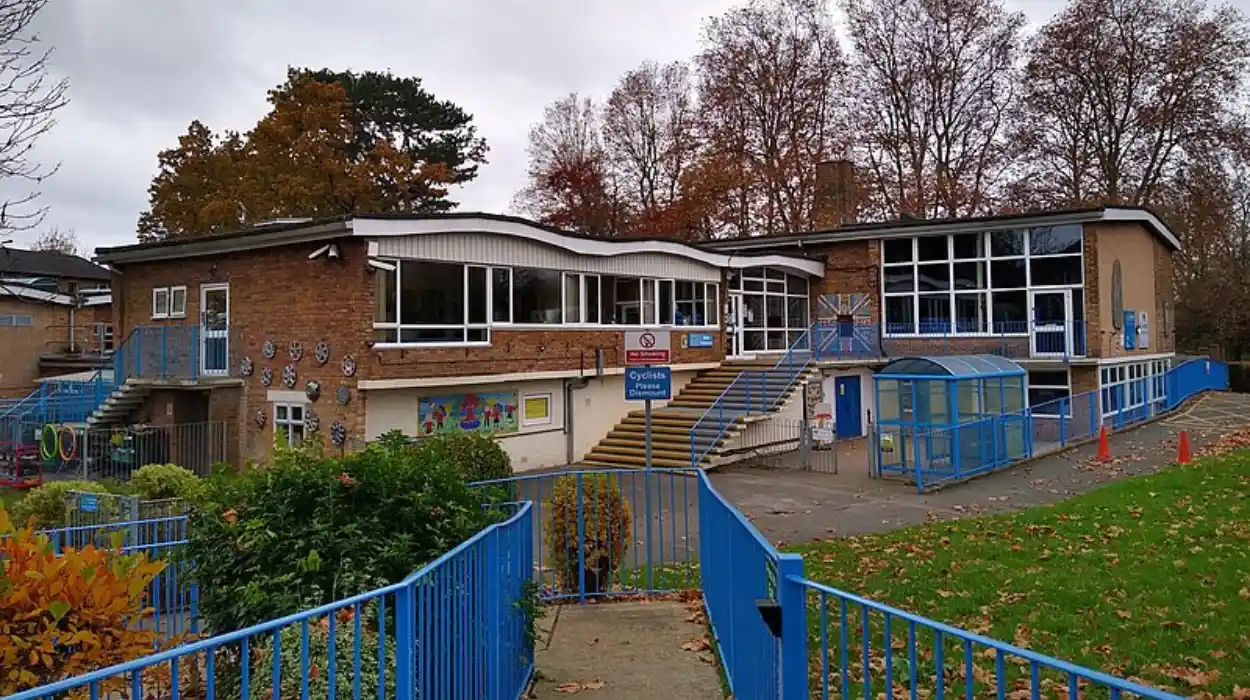Hounslow (Parliament Politics Magazine) – Students in Hounslow celebrate strong GCSE results, surpassing the national average in both English and Maths for another consecutive year.
Compared to the national average of 72%, more than 76% of Hounslow students received a 4+ in math. In contrast to the national average of 71%, 82% of students received a 4+ in English.
Hounslow students are in a good position to move on to sixth form, college, or an apprenticeship.
Learn Hounslow, Hounslow’s adult education program, has great performance for both GCSE English Language and GCSE Mathematics, with learners obtaining a 100% pass rate.
Councillor Samia Chaudhary, Cabinet Member for Education, Children, Skills, and Employment at Hounslow Council, who celebrated the GCSE results with students from Kingsley Academy, commented:
“Congratulations to all those who have worked hard and shown great ability in their GCSEs. These results reflect the effort and determination of young people in the borough. I would also like to thank the teachers for working tirelessly to ensure that young people, including those with special educational needs, are given the correct environment to foster the skills and knowledge needed for a brighter future.
I also want to congratulate the 21 adult learners from Learn Hounslow for their success in the GCSE exams. Their determination to earn recognised qualifications and advance their careers is truly inspiring. Through their flexible courses, Learn Hounslow empowers adult students to reach their potential and advance their careers.”
Bob Tinsley, Headteacher at Kingsley Academy said:
“We are thrilled at Kingsley today, we’ve achieved the best results we’ve ever seen. A huge improvement on previous years. We’re just delighted for what this means for the children and their life chances”
What specific strategies helped Hounslow students outperform the national average?
Schools provided smaller, focused groups for students needing extra help. Teaching was personalized with curriculum materials and assessments adapted to meet diverse learning needs, complemented by teaching assistants and mentors.
Schools employed differentiated teaching with a mix of activities, technology use, and opportunities for students to select their challenge levels. This approach engaged pupils, making learning accessible and motivating.
Schools fostered respectful, supportive atmospheres where pupils felt valued and safe to make mistakes.


